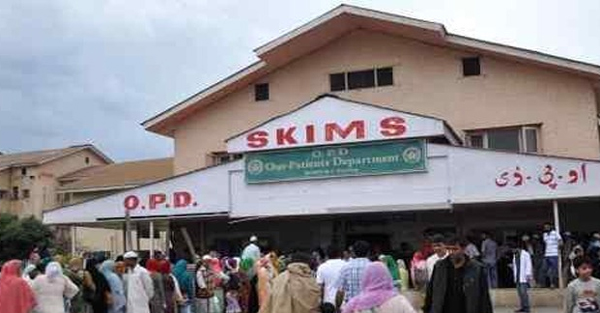The Sher-e-Kashmir Institute of Medical Sciences (SKIMS), Soura, is currently grappling with a dire situation that has severely impacted patient care. Both the Magnetic Resonance Imaging (MRI) and CT-Scan machines, vital diagnostic tools for accurate medical diagnosis, have been non-functional for an extended period. The hospital authorities have failed to address this critical issue, leaving patients to suffer the consequences. Radiology, particularly in the form of diagnostic imaging, serves as a crucial pillar of medical diagnosis and treatment, providing valuable insights into a patient’s condition and guiding physicians in their decision-making processes. In the absence of MRI and CT scans in SKIMS, patients have no choice except to get tests done at private diagnostic centres or wait for months together. Ayushman cards are of no help in covering the costs of private tests. Critically ill and poor patients are the worst sufferers. The Government doctors cannot have one-on-one thorough discussions regarding observations and diagnosis with private diagnostic centre.
SKIMS’s case is not an isolated one, as the only 22-year-old MRI machine in Jammu region’s Government hospitals at GMC Jammu remained non-functional for quite a long duration recently. As in the case of the non-functional lift at the State Cancer Hospital within SKIMS, a few lifts at GMC and other hospitals in Jammu are also not working due to a scarcity of funds.
New medical equipment worth crores is being purchased every year, but authorities are unable to secure AMC repairs. An old machine worth crores cannot be replaced for a small fault. A revision of maintenance policies for critical diagnostic machines is a must in present circumstances, as few functional machines are overburdened with serving patients from multiple areas, including the wards, OPDs, and the emergency section. Proper after-sales service contracts are the need of the hour. Authorities must devise some mechanism for the smooth functioning of hospitals with working diagnostic equipment. There can be no compromise as far as the health of the public is concerned.


